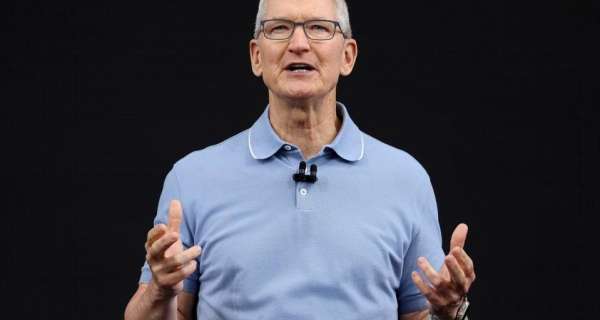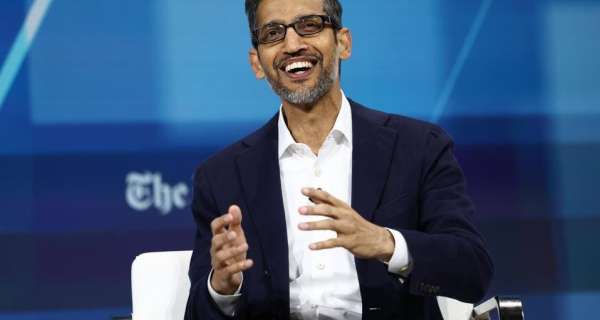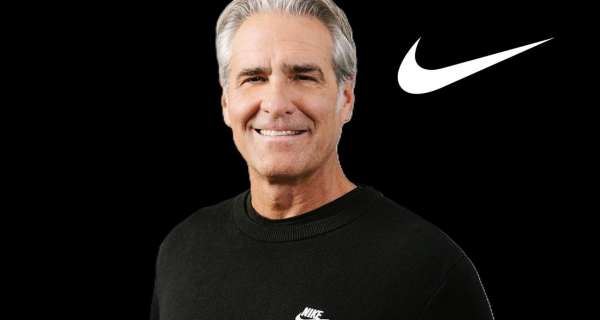
In sports, competition is fierce, whether in basketball, baseball, or soccer, but in the business world, the stakes are often higher and the game even more intense. Like in sports, competition in business drives innovation and forces companies to find ways to stand out and seek their unique advantage. Today, one of the most intense arenas of competition is artificial intelligence (AI). AI is transforming businesses across all industries—from improving workplace wellness to streamlining operational tasks.
Take Apple, a company entering the AI scene with Apple Intelligence. Apple was notably absent when OpenAI launched ChatGPT in late 2022, followed by Google, Meta, and Microsoft with their suite of AI products. As seen in their careful, increasing focus on wellness, such as the rumored blood-sugar tracking app they've been developing, according to Bloomberg, Apple has shown the ability to think long-term. When asked in a Wall Street Journal interview about Apple's approach to AI, CEO Tim Cook summarized the company's strategy in four words: "Not first, but best." Apple's patient approach reveals a valuable reminder for leaders: competition can be beneficial. Here are three ways to use competition to your advantage.
1. Be Ambitiously Patient
Ambition and patience might seem contradictory, but they create a powerful strategy together. In the fast-paced business world, it's tempting to react quickly to competitors' moves. Yet, as Tim Cook put it, "We're perfectly fine with not being first… It takes a lot of iteration. It takes worrying about every detail. Sometimes, it takes a little longer to do that."
While urgency is a prerequisite for leaders, urgency doesn't mean rushing. Instead, it's about advancing steadily with intention. Apple's method with Apple Intelligence illustrates this approach, which every leader can adopt. When paired with a clear vision and aggressive ambition, patience enables you to act with composure and prioritize quality while staying focused on your end goal. Brands like Hermès prove that quality and deliberate strategy ultimately create long-lasting impact and trust, often outweighing the speed to market.
2. Leverage Competitors' Efforts To Refine Your Strategy
While being first has an advantage, being strategic about timing has merits. Imagine a "counter-puncher" in boxing—a fighter who observes their opponent closely, identifies patterns, and charges at the right moment to strike. Rather than charging in, they strike when most likely to land a successful and much more impactful blow. This "counter-punching" approach in business means observing your competitor's "punches"—product launches, new market entries, and talent initiatives.
By understanding what works and what doesn't in these early moves, you gain insights into market demands and competitor weaknesses. "Counter-punching" allows you to create offerings that address gaps or customer (and even overlooked employee) needs that competitors may have overlooked. While this strategy takes discipline, it also provides a more sustainable path to differentiation. For leaders in any industry, this counter-punch strategy helps refine offerings and strategy while ensuring that every initiative is strategic and impactful rather than reactive and missing the mark.




0 Comments